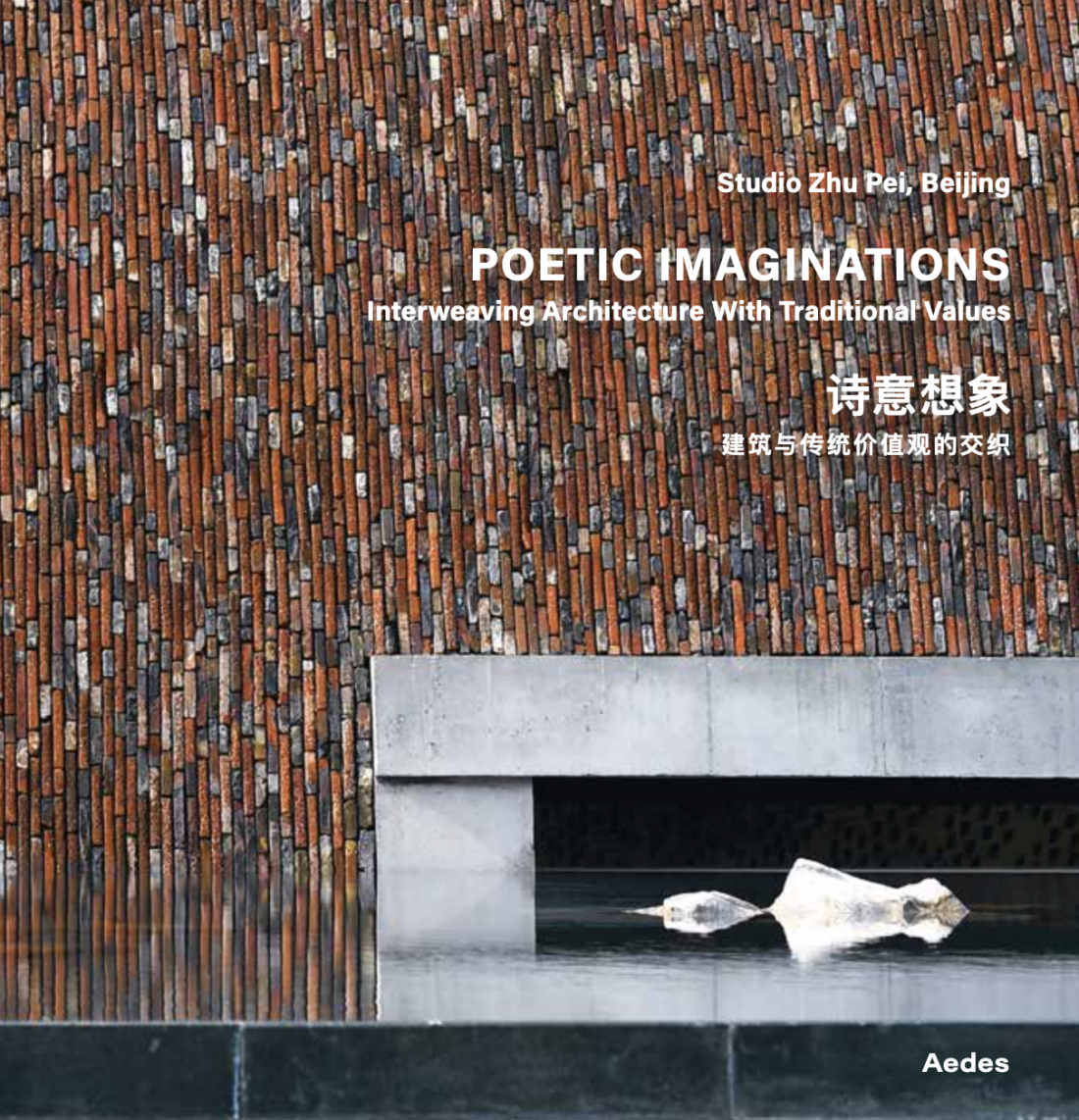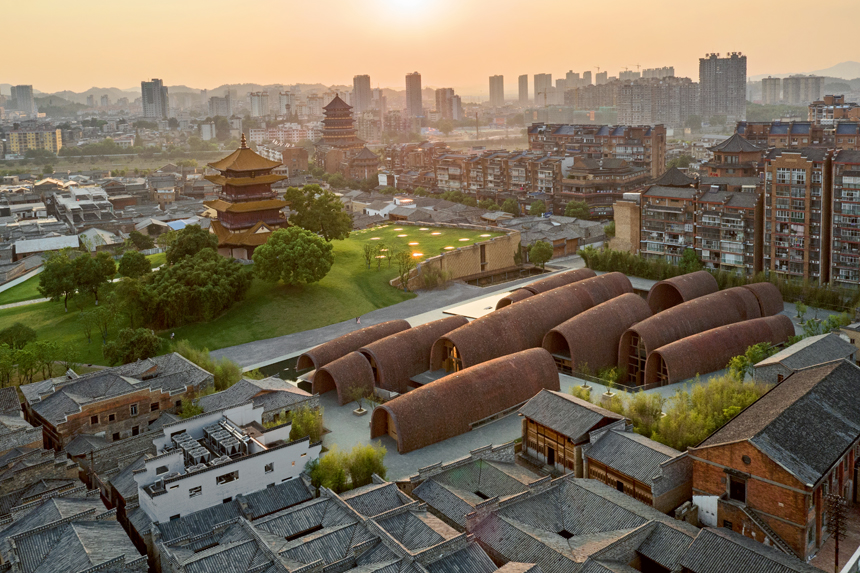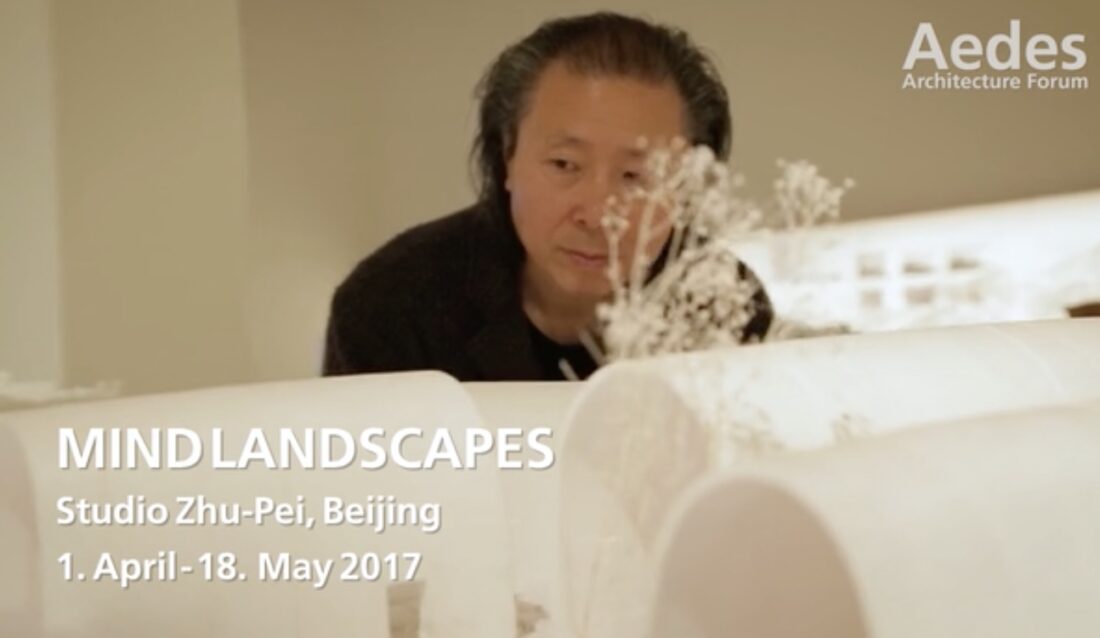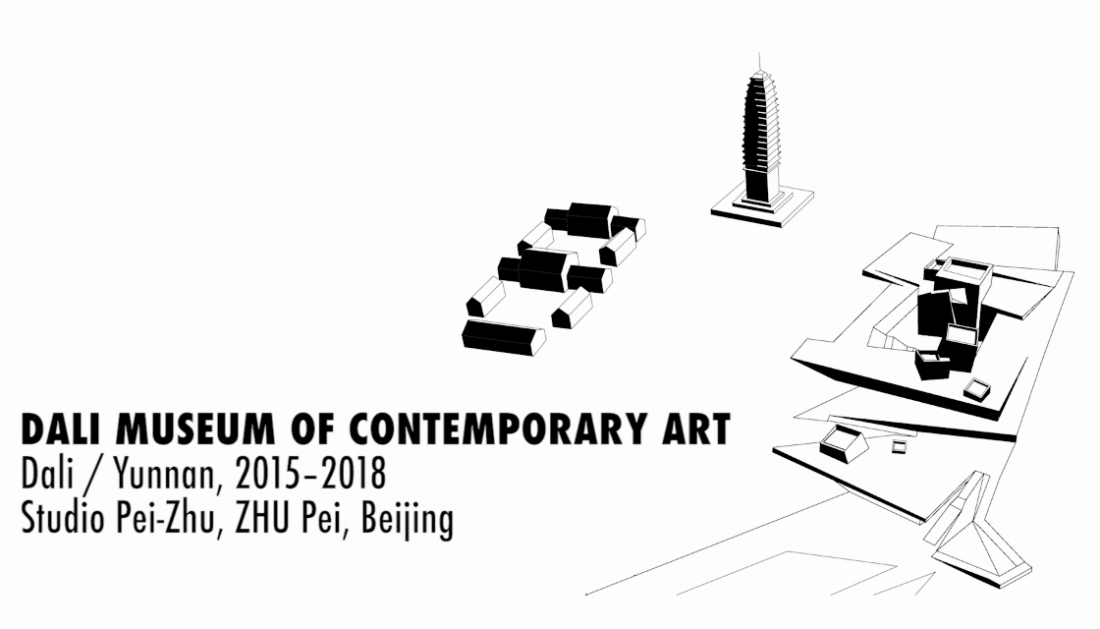Studio Zhu Pei
Studio Zhu Pei, Beijing
POETIC IMAGINATIONS Interweaving Architecture With Traditional Values
Catalogue
Projects:
– Jingdezhen Imperial Kiln Museum, Jingdezhen, Jiangxi, CN, 2020
– Majiayao Ruins Museum and Observatory, Lintao, Gansu, CN, 2018–
– Zijing International Conference Camp, Jingdezhen, Jiangxi, CN, 2022
– OCT Art Centre, Zibo, Shandong, CN, 2020
– Yangliping Performing Arts Centre, Dali, Yunnan, CN, 2020
– Shou County Art Centre, Shou County, Anhui, CN, 2019






